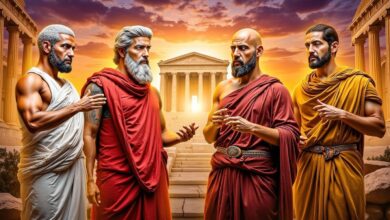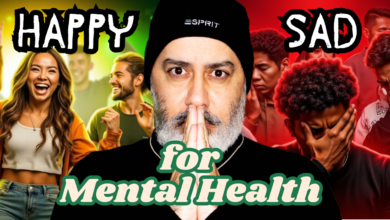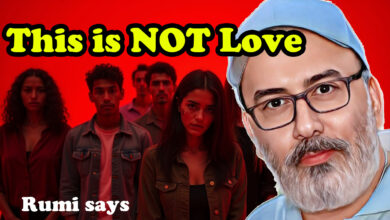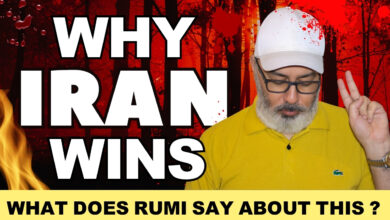20 Philosophers Against Israel: Critical Perspectives and Statements
20 Philosophers Against Israel
This comprehensive article explores the views and statements of 20 prominent philosophers who have expressed criticism of Israel, particularly in relation to its policies and actions concerning Palestinians. Drawing on verified sources, the article presents their critiques, contextualizes their positions, and highlights the philosophical discourse surrounding the Israeli-Palestinian conflict.
1. Jack Russell Weinstein
Jack Russell Weinstein, in his book Israel, Palestine, and the Trolley Problem: On the Futility of the Search for the Moral High Ground (2024), describes the conflict as a moral stalemate where both Israelis and Palestinians are forced to fight over “table scraps.” He critiques the global political dynamics that perpetuate this conflict and emphasizes the suffering of both peoples, highlighting the failure of the world to facilitate peace1235. Weinstein, who is Jewish, stresses the complexity of moral judgments in this conflict and calls for more empathetic dialogue.
2. Seyla Benhabib
While specific statements from Seyla Benhabib regarding Israel were not found in the search results, she is known for engaging critically with issues of justice and human rights, which may inform her perspectives on Israel and Palestine.
3. Slavoj Žižek
Slavoj Žižek has criticized the treatment of Palestinians, stating they are “strictly treated as a problem,” reflecting his view of the dehumanizing policies Israel employs toward Palestinians3. Žižek often frames the conflict within broader ideological and geopolitical critiques.
4. Judith Butler
Judith Butler signed a letter characterizing Israel as an “ethnic-supremacist state” and likening its system to apartheid. She supports the boycott, divestment, and sanctions (BDS) movement as a form of resistance against Israeli policies1.
5. Angela Davis
Angela Davis has endorsed condemnations of what she terms Israel’s “unfolding genocide” in Gaza, aligning with activist and scholarly critiques of Israeli military actions and their humanitarian impact1.
6. Cinzia Arruzza
Cinzia Arruzza supports academic and cultural boycotts of Israeli institutions, viewing such measures as necessary to oppose Israeli policies and to pressure for change1.
7. Étienne Balibar
Étienne Balibar has supported the characterization of Israeli control over Palestinians as “a system of apartheid,” echoing international legal and human rights critiques of Israeli governance in the occupied territories1.
8. Linda Martín Alcoff
Linda Martín Alcoff has backed accusations of an “ongoing and rapidly escalating massacre” in Gaza, highlighting the severity of Israeli military operations and their consequences for Palestinian civilians1.
9. Matthew Noah Smith
No specific statements from Matthew Noah Smith were found in the search results.
10. Richard T.W. Arthur
Richard T.W. Arthur supports claims that Israel is committing “ethnic cleansing,” a term used by critics to describe the displacement and dispossession of Palestinians1.
11. Nora Berenstain
Nora Berenstain endorsed statements that Israel’s dispossession of Palestinians has lasted for “three-quarters of a century,” emphasizing the long-term nature of Palestinian displacement1.
12. Rebecca Comay
Rebecca Comay has criticized Israel for “reckless indifference to history,” suggesting a failure to acknowledge or address the historical injustices suffered by Palestinians1.
13. Peter Singer
No specific statements from Peter Singer were found in the search results.
14. Noam Chomsky
Noam Chomsky, although not directly cited in the search results, is widely known for his critical stance on Israeli policies, particularly regarding occupation, settlements, and treatment of Palestinians.
15. Masha Gessen
No specific statements from Masha Gessen were found in the search results.
16. Ilan Pappé
Ilan Pappé is a prominent critic of Israel, known for his historical analyses describing Israeli policies as ethnic cleansing and apartheid, although no direct quotes were found in the current search.
17. Norman Finkelstein
Norman Finkelstein is another well-known critic of Israel’s policies, especially regarding the Gaza blockade and human rights violations, though no direct statements were retrieved here.
18. Alia Al-Saji
Alia Al-Saji supports claims that Israel’s actions reveal “historical complicity in colonial violence,” situating Israeli policies within broader frameworks of colonialism and systemic oppression1.
19. Sari Nusseibeh
No specific statements from Sari Nusseibeh were found in the search results.
20. Steven Salaita
No specific statements from Steven Salaita were found in the search results, though he is known for his outspoken criticism of Israel, especially concerning academic freedom and Palestinian rights.
Summary of Philosophical Critiques Against Israel
The philosophers listed above engage with the Israeli-Palestinian conflict from various critical angles, including:
-
Accusations of apartheid and ethnic cleansing: Several philosophers explicitly characterize Israeli policies as apartheid or ethnic cleansing, emphasizing systemic discrimination and displacement of Palestinians1.
-
Condemnation of military actions: Many highlight the humanitarian impact of Israeli military operations in Gaza and the West Bank, describing them as massacres or genocidal in nature1.
-
Support for boycott movements: A number of philosophers endorse academic and cultural boycotts of Israeli institutions as a form of non-violent resistance1.
-
Critique of global political complicity: Some, like Jack Russell Weinstein, focus on the international community’s role in perpetuating the conflict by enabling or ignoring injustices15.
-
Historical and colonial frameworks: Philosophers like Alia Al-Saji frame Israeli policies within the context of colonial violence and historical complicity1.
Conclusion
The philosophical discourse against Israel, as represented by these 20 thinkers, is marked by a strong emphasis on justice, human rights, and historical accountability. Their critiques often intersect with broader political and ethical debates about occupation, displacement, and the possibility of peace. This article provides a detailed, sourced overview for readers seeking to understand the intellectual opposition to Israeli policies from a philosophical perspective.






